Recently, I have been diving into the worlds of qualitative and mixed methods research in my ETEC 500 Course for my Master of Educational Technology. I’ve really enjoyed this Unit of the course, as it involves one of my greatest passions – storytelling. In the mix, I have discovered a new-to-me researcher, speaker, and storyteller, whose words and advice make me smile – Dr. John W Creswell.
Dr. Creswell talks about the importance of story in sharing qualitative research, as well as combining numbers and qualitative research to tell a story – the latter of which is called mixed methods research. I have to say I love the stories that he tells, and while the importance of collecting and sharing people’s stories for our collective knowledge, and combining those with numbers is nothing new to documentarians, anthropologists, and ethnographers to name a few – Dr. Creswell has helped to champion their importance in certain research fields, like educational research. He’s written a few books topic, of which I suspect I will be diving into soon. In case you are interested, here is the book on Mixed Methods Research mentioned in the talk I linked to above, and below are a few more recent publications of his:
- 30 Essential Skills for the Qualitative Researcher
- Designing and Conducting Mixed Methods Research
- Educational Research: Planning, Conducting, and Evaluating Quantitative and Qualitative Research
- Qualitative Inquiry and Research Design
- Research Design
In this Unit’s course work, the question of “What do qualitative researchers do that quantitative researchers do not? What research skills do qualitative researchers have to have that quantitative researchers do not?” were posed. This made me smile, as I believe that many of the skills that allow qualitative researchers to conduct their research well are similar to those skills that allow documentarians, anthropologists, and ethnographers to do their jobs well; and they are many of the skills that I love and highly value. These are skills that Dr. John W Creswell explores in his book, 30 Essential Skills for the Qualitative Researcher.
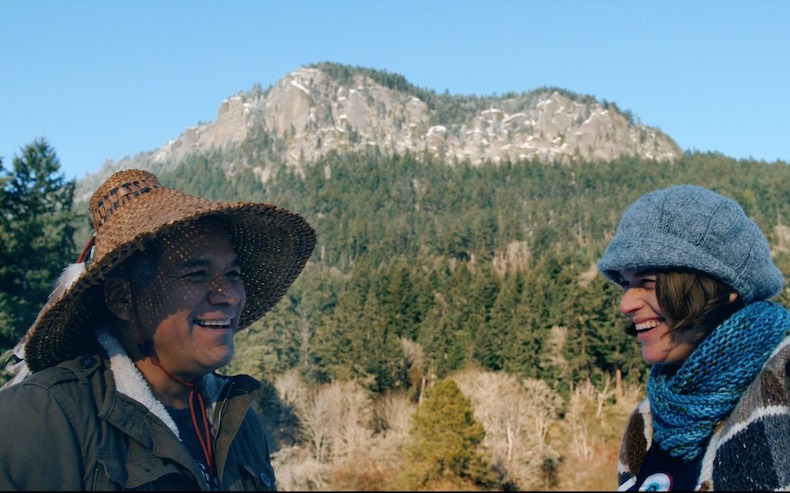
In my own experience as a documentary storyteller, many of the skills that are important to both qualitative research and documentary storytelling have to do with setting people at ease, making people feel safe, and creating a sense of trust. While some of these skills may be beneficial to a quantitive researcher, the quantitative researcher tends to keep more of a distance and a disconnect between themselves and their study subjects in their research, so as not to allow their personal bias to impact the data that they collect. Whereas, in qualitative research, creating connection between yourself – the researcher and the interview subject is of vital importance in creating a safe and trusted atmosphere for the interview subject to share. These are all things that Dr. Leslie Curry explores in her series of videos on the Fundamentals of Qualitative Research for the Yale University Global Health Leadership Institute, like in this video where Dr. Curry talks about interview skills in qualitative research:
Key to qualitative research is researching and creating a list of interview questions in advance of an interview that are targeted to answer your research question and delve deeper into the area of research you are exploring. It is important with these questions not to allow your own bias to slip in, leading your interview subjects in their response. While qualitative researchers will create a list of standard questions for their interview subjects, it can also be helpful to research your individual interview subject in advance and to have some questions that would lend to the area of qualitative inquiry that are specific to the interview subject. This contrasts quantitative research, where it is important that researchers ensure that the questions and conditions for each research subject in a particular study group are similar.
Researching the interview subject also helps the interviewer in qualitative research to better think on their feet, and respond to unexpected opportunities within the interview, based on ideas being shared by the interview subject. It is for this reason, that it is important for the interviewer to be an active listener in the interview and be present in the moment. This is also where experience is a huge asset. If your interviewer is familiar with the subject matter and can come up with questions in the moment, it is possible to extract a much fuller and richer interview from the interview subject. It is for this reason why in the world of documentary filmmaking, we should not be selecting hosts based on their youth or subjective beauty, but rather on their experience and ability to interview documentary subjects in a richer, more informed manner.
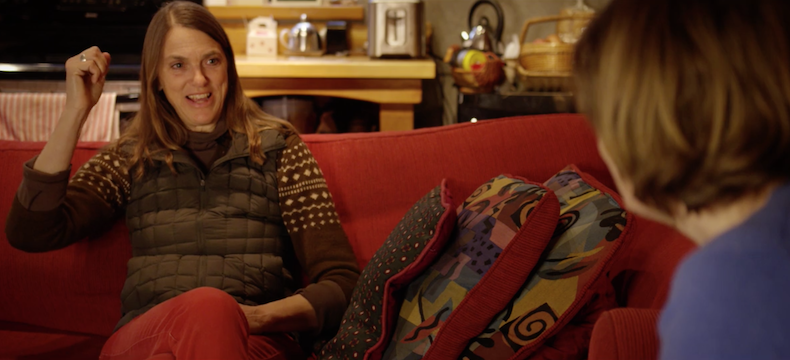
While it helps to be able to think on your feet and ask questions in the moment in an interview, that can be a double edged sword, as you do need to stay on track when interviewing a subject in conducting qualitative research, both out of respect for the interview subject’s time and to ensure you get the information that you need for your study. For me, this is my biggest challenge as an interviewer, and why when we are shooting our documentaries, it is great to work with a Director like Kelly Conlin, that can keep me from straying too far from the subject, and can catch any holes we miss in the interview. It is possible to work in a team in qualitative research when conducting interviews too, but this is also where having your pre-established questions with you, will help. It is also important to remember that in some circumstances, you need to allow the interview subject to speak in whichever direction they wish. This is often the case when the interview subject is First Nations, as it would be considered rude to interrupt to steer them back to the pre-scripted question. In such cases, you just need to schedule for extra time, and let the interview unfold as it will. Often in such cases, you end up with much richer stories than you ever envisioned.
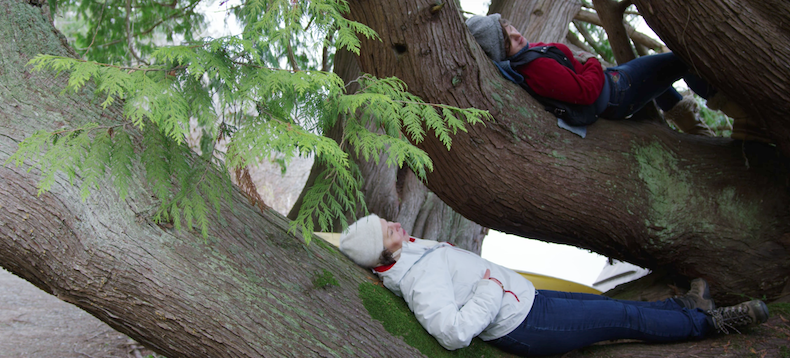
In processing your interviews, you as the qualitative researcher become a storyteller. Like the documentary filmmaker, you need to figure out how best to layout the research from all of the stories people have shared with you (and the numbers, in the case of mixed methods research) in a way that captures your reader’s attention and takes them on a journey. This is one of the many things that I love about this form of research. For me, it is fun, and amazing in what you discover when you take an interest and give people the space to share their stories.
I recently have had the opportunity to conduct some qualitative research with Mary McDonald into Sustainable Funding Models Around Storytelling Projects with Educational Application. We are sharing these to StoryToGo, in the form of Case Studies. You can begin to explore with the case studies that Mary McDonald developed around the interviews that she conducted, and stay tuned for more case studies from the interviews Lori Yearwood and I conducted in September.
If you’ve been doing some qualitative research, I’d love to learn more about it, and any tips that you might have in conducting qualitative research. Tell me about it / them in the comments below.
Works Cited
Creswell, J. W. (2015). 30 essential skills for the qualitative researcher. Sage Publications.
Creswell, J. W. (2013, March 1). Telling a Complete Story with Qualitative and Mixed Methods Research. Retrieved from https://www.youtube.com/watch?v=l5e7kVzMIfs
Curry, L. (2015, June 23). Fundamentals of Qualitative Research Methods: Interviews (Module 3). Retrieved from https://www.youtube.com/watch?v=6PhcglOGFg8
Hargreave, E., & Yearwood, L. (2018). Naturally Ours, the Web Series. [online] Roamancing. Available at: https://stareable.com/series/view/naturally-ours-rediscovering-canadas-parks

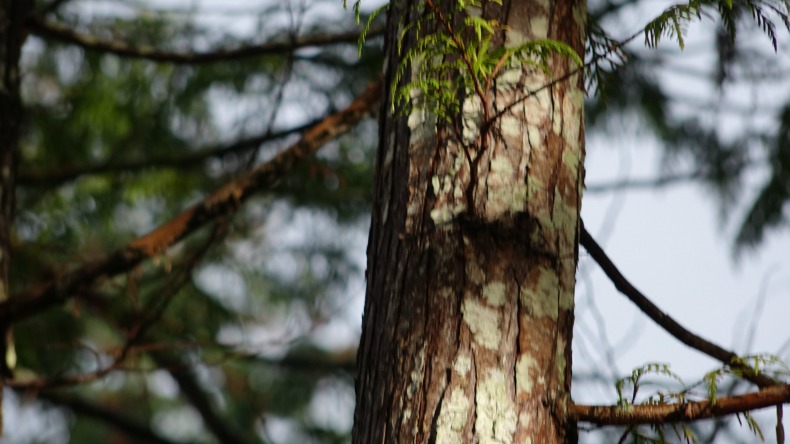
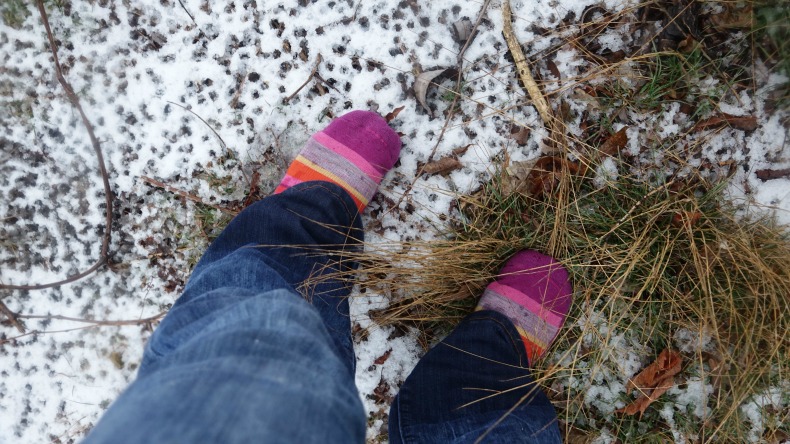
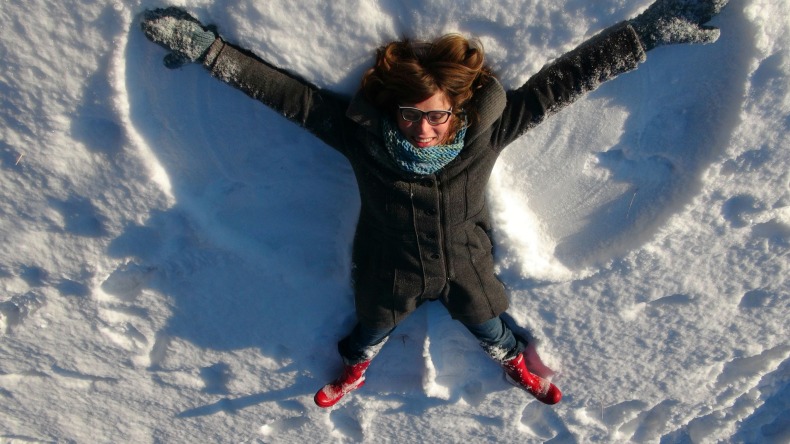
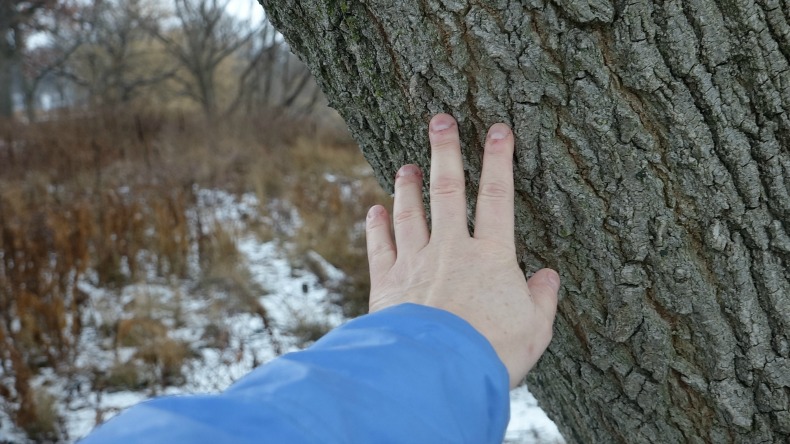
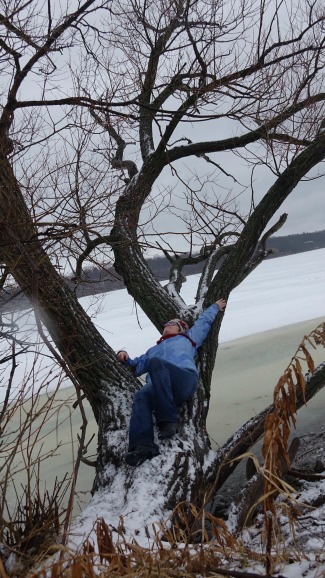
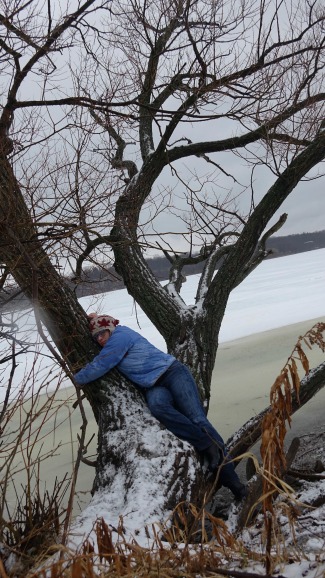 Now that you’ve spent a little quality time together, it should be okay to hug the tree in thanks, before parting ways for the day.
Now that you’ve spent a little quality time together, it should be okay to hug the tree in thanks, before parting ways for the day.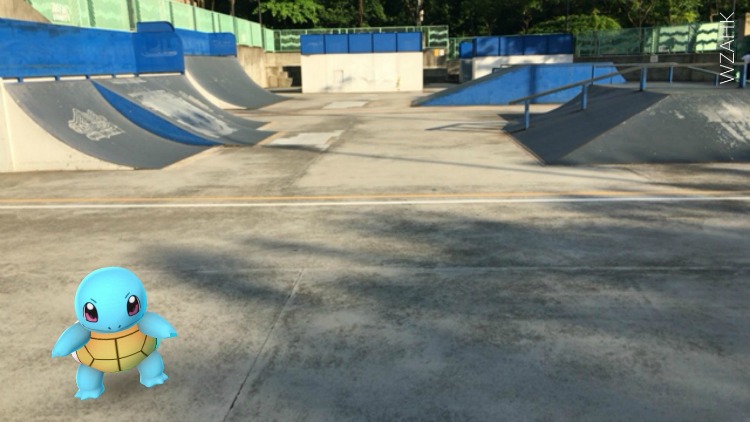

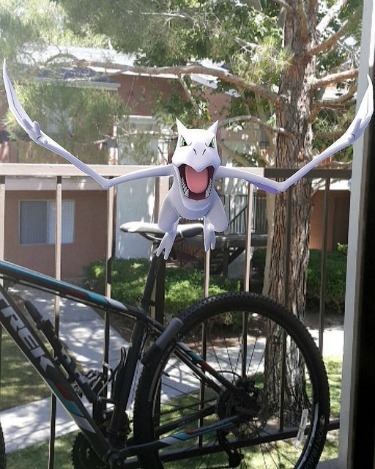
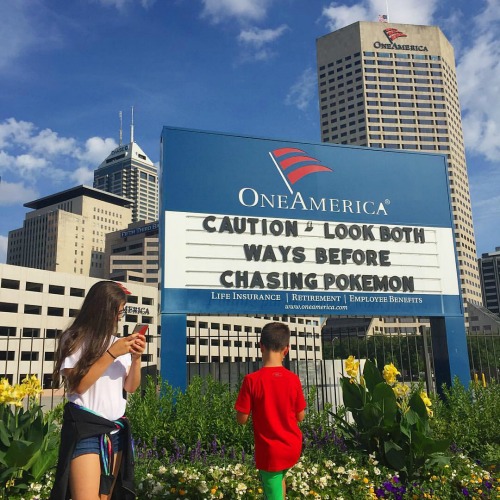
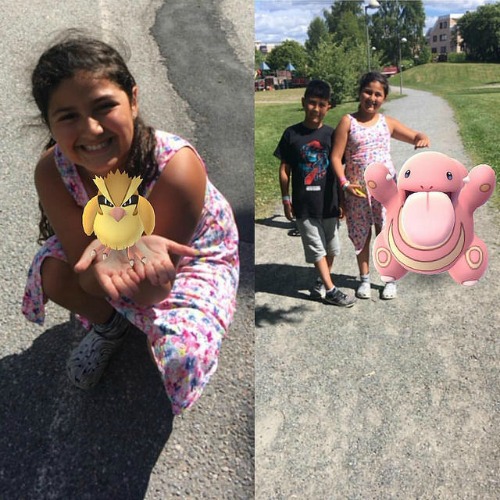

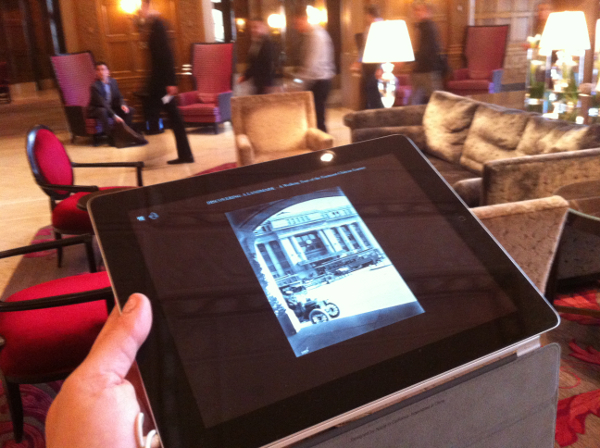
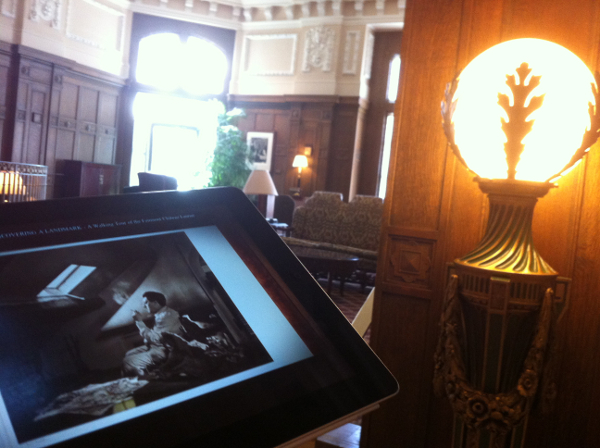
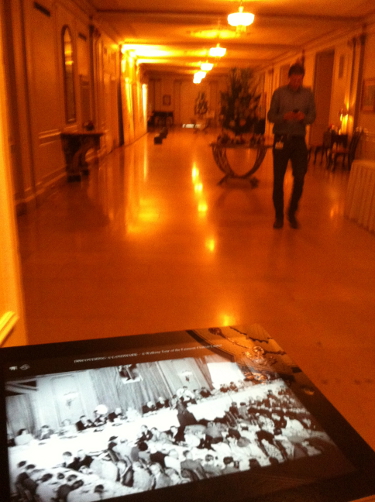



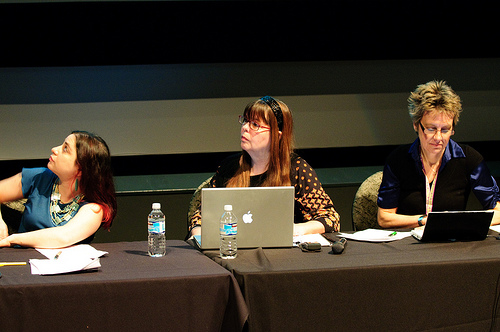
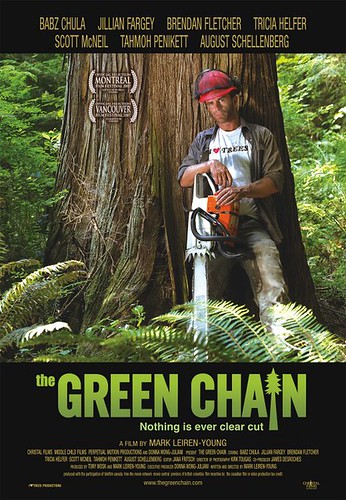
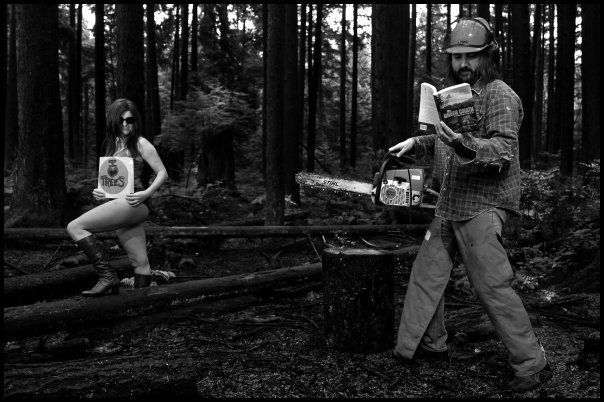
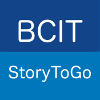
Connect with Erica!